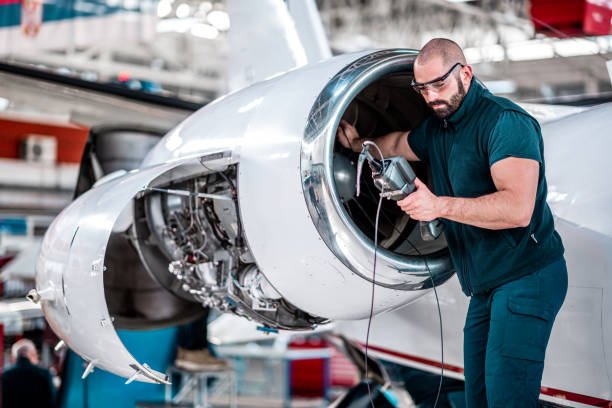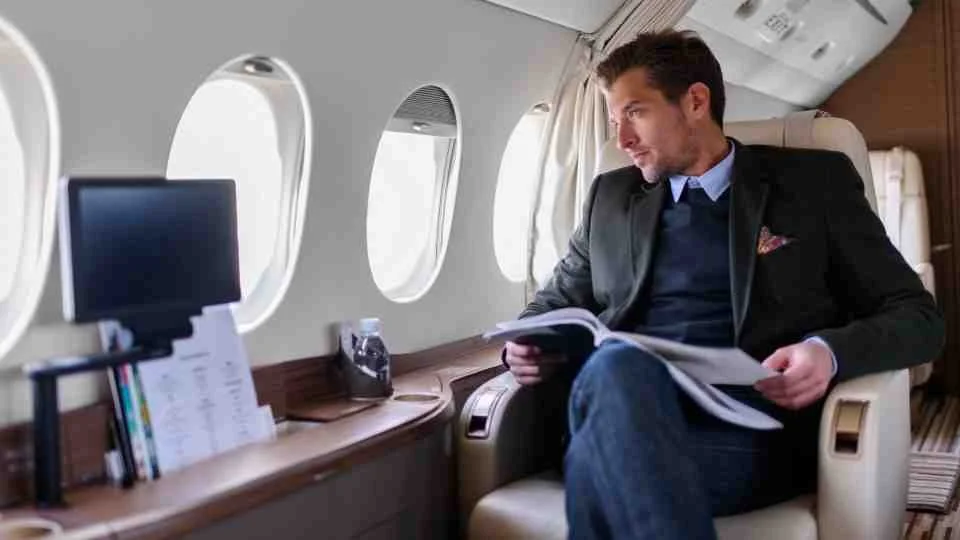Smart Jets: The Integration of IOT in the Private Aviation Sector
The aviation industry is one of the most intriguing and innovative industries on the planet. With the necessity to track countless aircraft flying across the globe, the challenge has always been to maintain safety and efficiency. The solution to this challenge? The integration of the Internet of Things (IoT).
The Rise of IoT in Private Aviation
With the expectation that over 10 billion devices will be connected to the internet worldwide by the end of 2022, IoT's integration into the private aviation industry is no surprise. While this technology is expanding across various industries, private aviation has seen a significant embrace, particularly in aircraft maintenance and flight tracking/planning.
Aircraft Maintenance and Monitoring
IoT enables real-time monitoring through onboard sensors. This innovation helps in early detection of potential problems, which enhances safety during flight.
In addition, IoT-enabled aircraft engine sensors are connected to the internet, allowing real-time health and performance data to be transmitted. The data is then analysed to monitor vibrations, noise levels, and wear and tear on various components, enabling maintenance schedules to be adjusted accordingly. Not only does this make maintenance more efficient and cheaper, but it also improves safety by allowing technicians to identify potential problems before causing significant damage.
Flight Tracking and Planning
IoT's role in tracking and planning has also been revolutionary. By utilising IoT systems, airlines can track a plane's journey from the departure gate until its arrival destination. This approach facilitates better fleet management, safety processes, and efficiency across the board.
IoT Enhancing the Passenger Experience
With the evolution of "Smart Airports," passengers are set to enjoy more efficient check-ins, security, and baggage processes. Technologies like biometric passenger verification and luggage tracking have already seen implementations in some locations, with Dubai leading the charge.
Moreover, the integration of satellite navigation systems like ADS-B allows for more precise on-time flights and enhanced routes. Aircraft will be able to take "free routes," reducing travel time, fuel usage, and carbon emissions.
The Future of Safety with IoT
IoT has opened new doors to safety efficiency within private aviation. Imagine an aircraft recognizing a part malfunction mid-flight, communicating with the ground, and initiating a repair process that involves 3-D printing the part and making it ready upon landing. This level of coordination and efficiency is now possible with IoT, transforming the way safety is managed in the industry.
The integration of IoT in the private aviation sector is revolutionising the way aircrafts are maintained, tracked, and operated. From improving the passenger experience to ensuring enhanced safety protocols, IoT offers unprecedented opportunities for efficiency and innovation. Whether you are an industry professional or just a keen observer, the transformative impact of IoT on private aviation is clear and growing.
Contact the team at SuperFLY today for all your private jet or helicopter needs.



